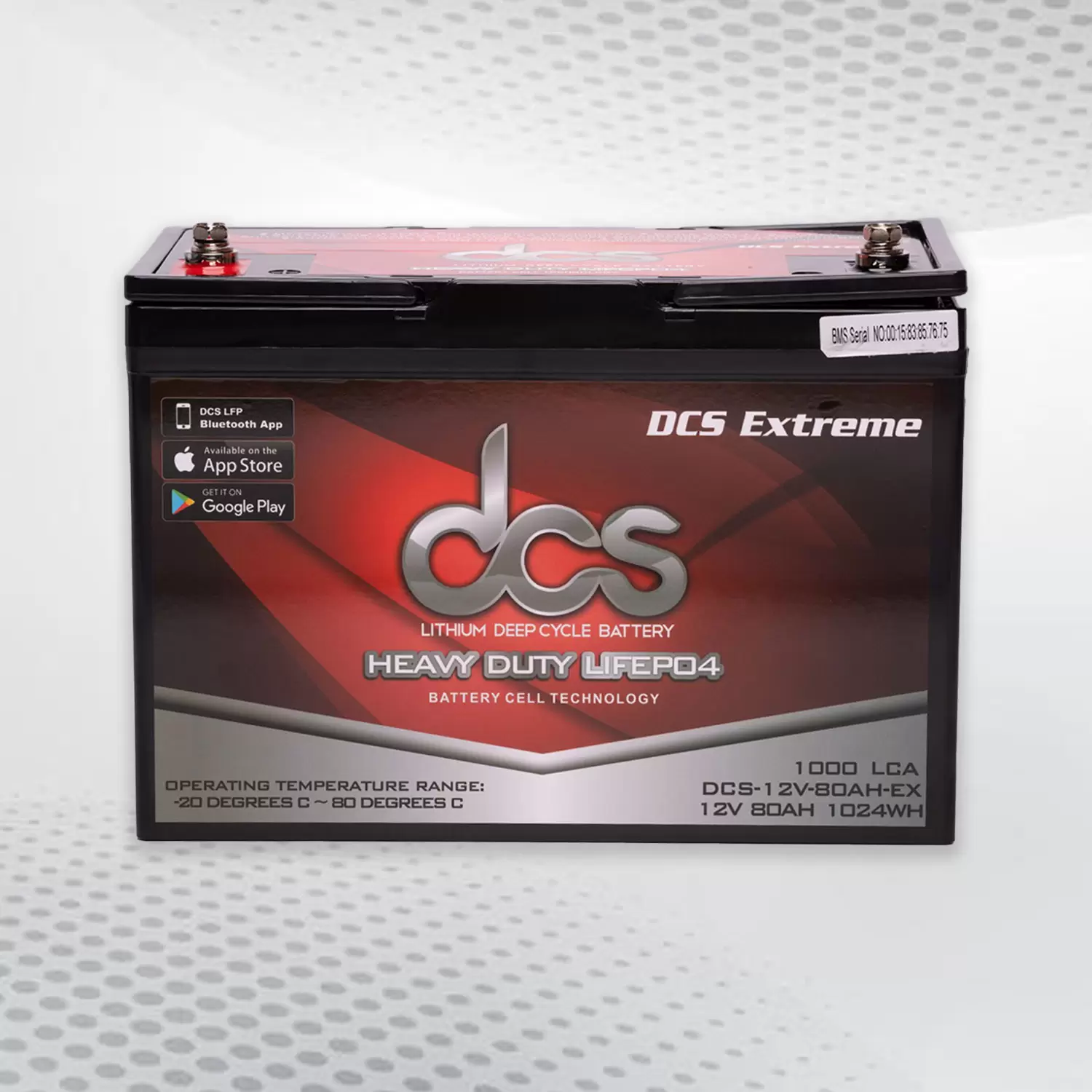The growing adoption of solar-battery systems highlights a significant shift towards improving home energy efficiency. By pairing solar panels with battery storage, homeowners can store excess energy produced during the day and use it at night or on cloudy days, reducing their dependence on the traditional electricity grid. This innovation not only provides greater energy independence but also leads to substantial long-term savings on energy bills. Furthermore, as energy costs continue to rise and environmental concerns grow, investing in a solar battery system is essential for living more sustainably while maximising energy savings.
Comprehending Energy Requirements
Accurately evaluating a household’s energy consumption requires a detailed review of past electricity bills to identify average usage patterns, peak consumption times, and seasonal variations. This helps to establish the current energy demands and the typical electricity load during different times of the day. It’s also important to anticipate future energy needs, including the potential addition of new appliances, electric vehicles, or a growing family. This foresight ensures that the selected solar-battery system is appropriately sized to handle the present and future demand, avoiding over or under-capacity and maximising long-term efficiency and cost savings.
Varieties of Solar Batteries
Solar batteries come in various types, with lithium-ion and lead-acid being the most common. Lithium-ion batteries are highly valued for their high energy density, long lifespan, and superior efficiency. They are a popular choice for modern solar energy systems because they can store more energy and last longer, reducing the frequency of replacements. On the other hand, lead-acid batteries, while more affordable, generally have a shorter lifespan and lower efficiency compared to lithium-ion options. The decision between the two types depends largely on the budget, energy needs, and the desired longevity of the solar storage system.
Capacity and Power Ratings
Determining the appropriate battery capacity involves understanding the household’s energy consumption patterns. Battery capacity, measured in kilowatt-hours (kWh), indicates the total energy a battery can store. Higher capacity allows for more stored energy but typically comes with increased costs. Power rating, which measures the amount of electricity a battery can deliver at any given time, is also crucial. Balancing capacity with the household’s energy usage patterns and peak demand ensures that the solar-battery system operates effectively. Properly gauging these metrics helps select a system that aligns with immediate and future energy needs.
Efficiency and Performance Metrics
Efficiency and performance metrics are essential for assessing solar-battery systems. Round-trip efficiency indicates how much energy is lost during storage and retrieval, with higher efficiency resulting in reduced energy loss. Factors such as energy throughput and cycle life reveal the system’s long-term reliability and value. Performance over the battery’s lifespan should be analysed to understand how consistently it delivers energy. Understanding these metrics helps select a system that provides sustained performance and contributes to overall energy savings. Additionally, efficiency and performance assessments ensure the solar-battery system meets immediate energy needs and future demands.
Boost Your Savings with the Best Home Solar Battery System for Your Household
Maximising energy savings starts with choosing the right solar-battery system for your home. Solar energy offers long-term cost efficiency by harnessing the sun’s power, reducing reliance on grid electricity. With increasing energy costs, investing in a quality solar-battery system ensures your home benefits from stored energy during peak hours, lowering monthly utility bills.
When selecting a home solar-battery system, consider storage capacity, efficiency, and lifespan factors. The ideal system should meet your household’s energy demands while offering long-term reliability. Additionally, energy-saving features such as smart monitoring and integration with solar panels can help you track and optimise usage, further enhancing your savings.
A properly chosen home solar battery system reduces your carbon footprint and provides financial independence. Over time, the initial investment in solar technology pays off through lower energy costs and potential incentives. As energy consumption continues to rise, securing a sustainable and cost-effective energy solution for your home is essential to maximising savings and future-proofing your energy needs.
Installation Needs
Choosing the right solar-battery system for your home requires considering various factors related to installation. Proper installation ensures efficiency and long-term performance.
Assessing Your Home’s Energy Consumption
Before installation, it’s essential to evaluate your household’s energy needs. This includes understanding peak energy usage and daily consumption patterns to determine the battery size required.
Selecting the Right Location for Installation
The installation location plays a significant role in performance. To maximise battery lifespan, choose an area that ensures optimal ventilation and is safe from extreme weather conditions.
Hiring a Certified Installer
A qualified installer should handle the setup to ensure all safety standards are met. The installer will connect the system to your home’s electrical setup.
Ensuring Proper Electrical Wiring
The wiring must be installed according to electrical codes and standards. This prevents overloads and ensures the safe power transfer from the solar panels to the battery and home.
Verifying System Compatibility
The solar-battery system must be compatible with existing solar panels or energy systems. An expert will assess compatibility to avoid issues during installation and long-term operation.
Depth of Discharge Explained
Depth of discharge (DoD) is a critical metric indicating the proportion of a battery’s capacity used. A higher DoD allows for greater energy utilisation but may accelerate the battery’s wear and reduce its lifespan. Striking the right balance between DoD and expected energy consumption patterns is essential for maintaining performance and longevity. For example, a battery consistently discharged to a high DoD may require more frequent replacements, thus impacting the overall cost-effectiveness of the solar-battery system. Evaluating DoD with other performance metrics ensures that the selected battery aligns with the household’s long-term energy needs.
Unlock the Power of Solar: Best off Grid Battery System Options for Independent Energy
When considering an off-grid battery system, it is essential to choose one that suits your specific energy needs and lifestyle. These systems store energy generated by solar panels, allowing homeowners to remain independent of the grid. With the right setup, you can power your home even during cloudy days or at night. Off-grid systems are perfect for those living in remote areas or aiming to reduce reliance on traditional energy sources.
The heart of any off-grid system is its battery storage capacity. It’s crucial to find a system with enough power to keep essential appliances running during periods of low solar generation. The system’s efficiency depends on the battery’s ability to store and release energy reliably. Choosing the best off grid battery system means considering factors like charge cycles, temperature tolerance, and capacity.
Additionally, longevity and maintenance are key to ensuring the system continues performing at its best. Investing in a durable, low-maintenance battery can save you money and effort in the long run. By understanding your household’s energy consumption, you can select a solar battery that meets your needs and maximises energy savings, ensuring you have a reliable power supply year-round.
Warranty and Longevity
Evaluating the warranty and lifespan of a solar-battery system is crucial in assessing its overall value. Factors influencing battery longevity include usage patterns, ambient temperature, and maintenance practices. A comprehensive warranty often covers specific performance benchmarks and potential defects, assuring the system’s durability. Understanding the terms and conditions of the warranty, such as coverage period and exclusions, helps make an informed decision. Additionally, manufacturers offering extended warranties or performance guarantees indicate higher confidence in their product’s long-term reliability. Properly maintained systems typically enjoy longer operational life, translating to greater return on investment over time.
Financial Considerations
While the initial investment in a solar-battery system can be significant, evaluating the long-term financial benefits is crucial for understanding its true value. By analysing projected savings on energy bills, homeowners can gauge the system’s cost-effectiveness over time. It’s also important to factor in installation and ongoing maintenance expenses, which may vary depending on the system’s size and complexity. Additionally, many governments offer incentives, grants, or tax credits that can substantially reduce the upfront costs, making solar energy more affordable. A thorough financial analysis, considering these elements, allows for a well-informed decision on whether a solar-battery system is a worthwhile investment.
Compatibility with Current Systems
Ensuring compatibility between the solar-battery system and the existing solar infrastructure is essential for optimising performance and avoiding inefficiencies. The chosen system should seamlessly integrate with current components, including the inverter, which converts stored DC energy into AC power for household use. Additionally, checking the technical specifications and compatibility of all elements prevents potential conflicts and maximises the efficiency of energy storage and utilisation. Proper integration supports the overall effectiveness of the solar energy setup and contributes to sustained energy savings.
Environmental Considerations
When considering the environmental impact of solar-battery systems, choosing batteries made from eco-friendly materials with lower carbon footprints is crucial. Sustainable battery technology plays a vital role in minimising environmental harm by using renewable resources and reducing emissions during production. Furthermore, understanding proper recycling and disposal methods for these batteries ensures responsible management at the end of their life cycle. We can reduce waste, conserve resources, and support cleaner energy practices by prioritising sustainable choices. This approach not only aids in lowering the environmental impact of energy storage but also contributes to long-term ecological balance and conservation goals.
Conclusion
Choosing the best solar battery system for your home is a smart investment that can significantly reduce your energy bills while enhancing your home’s sustainability. With advancements in battery technology, lithium-ion batteries offer long-lasting power storage and reliability. When deciding, consider factors like capacity, efficiency, warranty, and compatibility with your existing solar system. By selecting the right solar battery, you can maximise your energy savings, reduce your carbon footprint, and increase your energy independence. In the long run, it’s an investment that pays off for your wallet and the environment.
FAQ’s
What is a solar battery system?
A solar battery system stores excess energy produced by your solar panels during the day for use at night or during cloudy periods. This allows homeowners to rely on solar power 24/7, minimising their dependence on the grid and reducing electricity costs.
How do I know the right battery size for my home?
The battery size you need depends on your energy consumption and the capacity of your solar panels. A larger battery will store more energy, providing a backup during power outages or periods of low sunlight. A professional solar installer can help determine the right size based on your needs.
Are solar batteries compatible with all solar systems?
Most solar batteries are designed to work with various solar panel systems. However, ensuring compatibility between your solar inverter and your chosen battery is important. It’s always recommended to consult with your solar provider or installer to ensure seamless integration.
How long do solar batteries last?
Solar batteries last 10 to 15 years, depending on the battery type, usage, and maintenance. Lithium-ion batteries have a longer lifespan than other types, making them a popular choice for homeowners.
Do solar-battery systems require maintenance?
While solar batteries generally require little maintenance, keeping them clean and monitoring their performance is essential. Regular check-ups from a certified technician can ensure the system operates efficiently and help address any issues before they become major problems.
| Related Business Listings |
| Contact Directory |
| Local Business Profiles |




